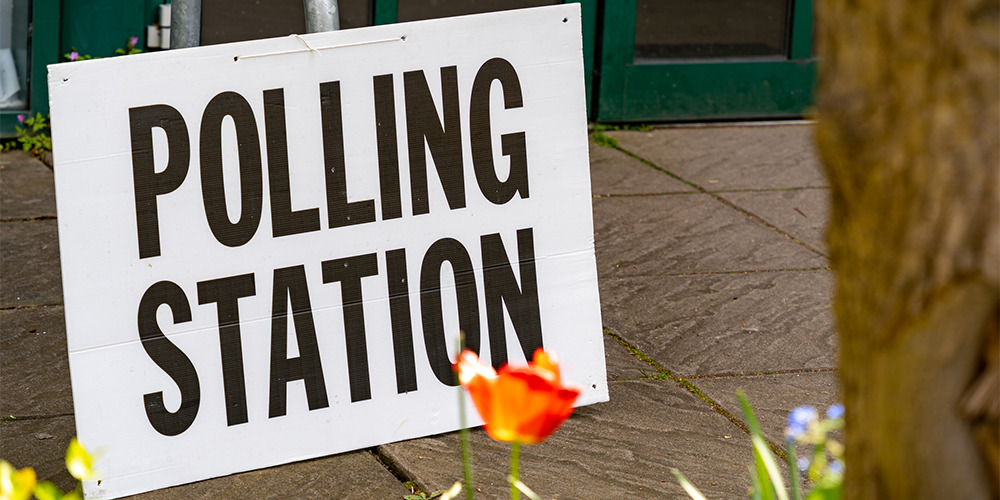Timing is everything and, while no one knows exactly when there might be another general election in the UK, we do know the latest it can happen. Parliament will automatically be dissolved five years from when it first sat on 17 December 2019. Polling day would be expected 25 working days later, which would mean an election on 28 January 2025.
Far more likely is the prime minister uses his exclusive power to request the king dissolves parliament early, triggering an election on a preferred date. Prime Minister Rishi Sunak has publicly confirmed he is working on the assumption of an election in the second half of the year.
Timing aside, a deeper question is what Sunak will be weighing up when he makes his determination. The polls will be front of mind, as will the health of the economy and the success of other key policies, including cutting health waiting lists and controlling immigration. Though his governing Conservative party is still a way behind in the polls at the time of writing, a number of different outcomes could still unfold.
A renewed Conservative majority
A rebound in economic growth over the course of 2024 would be an important factor in any Conservative victory, suggesting a renewed Conservative government could face an economy that was showing signs of growth. For fiscal policy, that could give wriggle room for further tax cuts – picked up as core Conservative policy in the spring budget and likely to appear again in the manifesto.
Government debt was equivalent to 97.8% of gross domestic product at the end of October 2023, with the Office for Budget Responsibility forecasting it will reach 98.6% of GDP at the end of 2024-25 but fall in subsequent years. Fiscal responsibility will be vital to maintaining this improved position and the stability and flexibility it affords, whoever is in power.
On sustainability and decarbonisation, a Conservative government would be expected to continue delivering the UK’s net-zero ambitions. But Sunak’s intention to ‘remove unacceptable costs on hard-pressed British families’ would no doubt remain. His extension on permitting the sale of diesel and petrol cars from 2030 to 2035 is one example.
A fresh Labour majority
With polls currently predicting a Labour majority, the markets are unlikely to be shocked by a change of government. More important questions to ask will be about the scale of any majority. A larger majority could give Keir Starmer, Labour leader, greater stability and ability to push through his agenda, while a smaller majority might mean more internal politicking needed within his own party.
Regardless, the first 100 days of any new administration are always vital in building confidence and momentum. How would a Labour government deliver its agenda around infrastructure, a new publicly owned green energy power generator, healthcare, policing and education?
An early fiscal event would be one possible route to set up any adjustments to the tax system. Plans mooted by the Labour party include the ending of non-domicile tax rules, a ‘proper’ windfall tax on energy companies and a fairer tax system, although Labour’s Shadow Chancellor Rachel Reeves has said she has no plans for a wealth tax.
Much will depend on the overall narrative of any new government and the wider confidence it builds, with global factors likely to remain as, if not more, important than domestic ones. I would expect one focus of a Labour government to be sustainability and decarbonisation – its policy to have a zero-carbon electricity system by 2030 being a headline illustration of this ambition around infrastructure.
No overall majority – uncertainty and instability
It last happened in 2010, when for six days it was unclear which parties would form a government. In the event of a hung parliament with no majority, we could see one party try to form a minority government or find coalition partners in some of the smaller parties. In either scenario, this result adds complexity, uncertainty and potential instability, with the chance of a shorter parliament and early general election increased.
Such a result may also lead to fiscal and policy constraint as the government tries to maintain the support of different groups in parliament. Markets may find this outcome the most difficult to decipher in terms of its economic and policy implications.
Whichever scenario is faced, there will most likely be a few twists and turns before we get there.
Andrew Pilgrim is UK Financial Services Partner at EY.
This article was published in the Q1 edition of the Bulletin.

